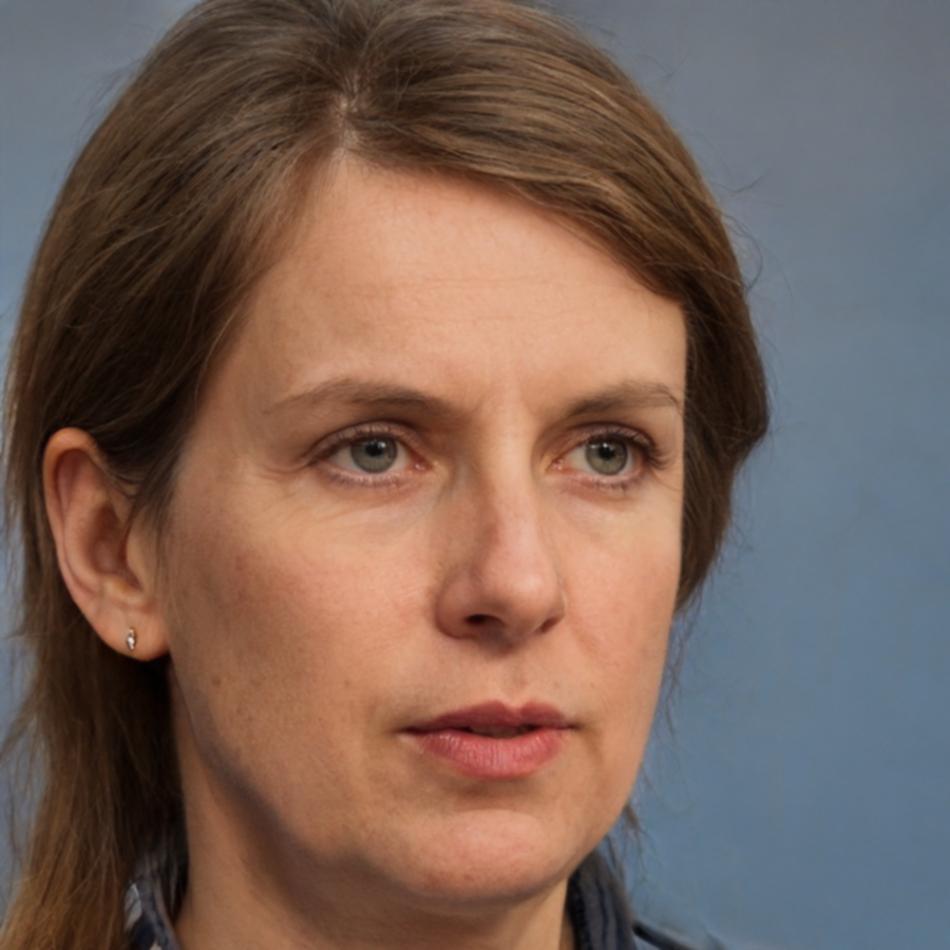We Started From a Simple Question
Why was practical virtualisation training so hard to find in Sydney back in 2019?
Most courses threw theory at you without ever touching real infrastructure. We wanted something different. Something that actually prepared people for production environments, not just certifications.
Six Years of Building Something Real
Started in a small office near Circular Quay with three instructors who'd spent years running container deployments for finance companies. The frustration was real—junior developers kept joining teams without understanding how Docker actually worked under the hood.
So we built a training lab that mimicked real production challenges. Network segmentation issues. Storage persistence problems. The messy stuff you encounter on day three of a deployment.
By 2023, we'd moved to proper facilities and expanded into Kubernetes orchestration. Our students now manage live clusters during their projects, not just practice on local machines.

What Drives Our Approach
These aren't wall posters. They're decisions we make every week when designing curriculum and choosing which technologies to teach.
Hands-On First
You'll spend more time in terminals than PowerPoint. Each session includes lab work on actual infrastructure—breaking things is part of the learning process.
Industry Current
Our instructors still consult. When Kubernetes releases a major update, we're updating curriculum within weeks, not waiting for next year's edition.
Small Cohorts
Twelve students maximum per session. Means you get actual attention when your Pod won't start or your network bridge stops working.
How We Actually Teach This Stuff
Theory lectures run maybe ninety minutes. Then you're at a workstation dealing with the same configuration challenges our instructors faced last month on client projects.


Real Infrastructure Access
Each student gets dedicated virtual resources on enterprise-grade hardware. You're not sharing a single demo server—you have your own environment to configure, break, and rebuild.
Project-Based Learning
Week six you start building a multi-node deployment. By week twelve, you're presenting a working cluster with monitoring, logging, and automated rollbacks. Portfolio-ready work.
Troubleshooting Focus
We deliberately introduce failures into your environments. DNS resolution breaks. Storage volumes unmount. Because production issues don't wait for convenient moments.
Industry Connections
Guest sessions with infrastructure leads from companies running large-scale container deployments. They discuss actual challenges—the stuff that doesn't make it into documentation.
Meet the Technical Director
Our programs are shaped by people who've managed production infrastructure at scale. Not academic theory—practical experience from companies with serious uptime requirements.

Sioned Bellingham
Technical Director
Spent eight years managing container infrastructure for financial services before joining us in 2021. Started with Docker deployments at Macquarie back when orchestration meant bash scripts and prayer.
These days she designs our curriculum and teaches the advanced Kubernetes modules. Her approach: if you can't deploy it yourself, you don't understand it well enough to teach it.
She's particular about logging practices—probably because she's spent too many 3am sessions troubleshooting production incidents with inadequate observability.
Our autumn 2025 program expansion into service mesh technologies was her initiative, after seeing how many companies were struggling with microservice communication patterns.
Questions about programs or technical curriculum?
Email: help@compstorage.net
Phone: +61 404 609 905
Location: 501/250 Pitt St, Sydney NSW 2000
